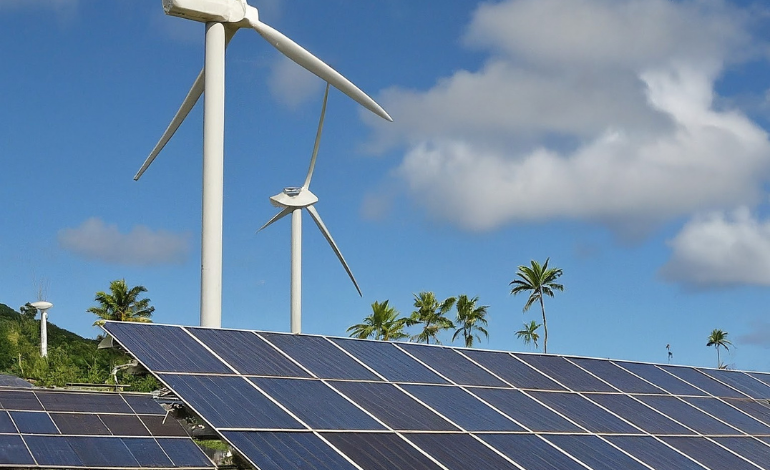Australia has unveiled a $75 million initiative, REnew Pacific, to accelerate the adoption of renewable energy across Pacific nations and Timor-Leste, as announced at COP29 in Baku, Azerbaijan. This programme aims to enhance energy security and support the region’s transition from fossil fuels to sustainable energy sources.
REnew Pacific is part of the $350 million Pacific Climate Infrastructure Financing Partnership (PCIFP), an ambitious plan to fund climate-focused infrastructure in the Pacific. Administered by the Australian Infrastructure Financing Facility for the Pacific (AIFFP), the initiative will focus on delivering off-grid and community-scale renewable energy solutions, particularly in remote and rural areas.
The programme’s goals include improving access to reliable lighting, clean water, and better agricultural practices while boosting food security, healthcare, and education. It also seeks to enhance communication connectivity and increase local incomes, aiming to uplift living standards and build climate resilience across underserved communities.
The PCIFP has already made significant strides, supporting 15 off-grid renewable energy projects in its first year, with two projects completed and handed over to local communities. These milestones reflect Australia’s commitment to expanding affordable, sustainable energy solutions across the region.
REnew Pacific emphasises collaboration, bringing together NGOs, the private sector, investors, community groups, and government agencies to create locally led and sustainable energy solutions. By leveraging co-financing opportunities, the programme aims to scale up successful projects and unlock innovative renewable energy strategies.
To complement REnew Pacific, Australia has launched the Australia-Pacific Partnership for Energy Transition (APPET), allocating an additional $50 million to help Pacific nations maximise renewable energy investments. APPET will focus on energy transition modelling, grid studies, feasibility assessments, and fostering collaborations between universities to develop a skilled renewable energy workforce.
Together, these initiatives represent a $125 million investment to help Pacific countries reduce dependence on fossil fuels, ensuring greater energy security and resilience to climate change. They are designed to address the region’s unique challenges while fostering partnerships that promote sustainable development.
Australia’s commitment at COP29 highlights its leadership in supporting the Pacific’s transition to renewable energy. By focusing on scalable, community-driven solutions, these programmes aim to create a more sustainable and resilient future for the region.



